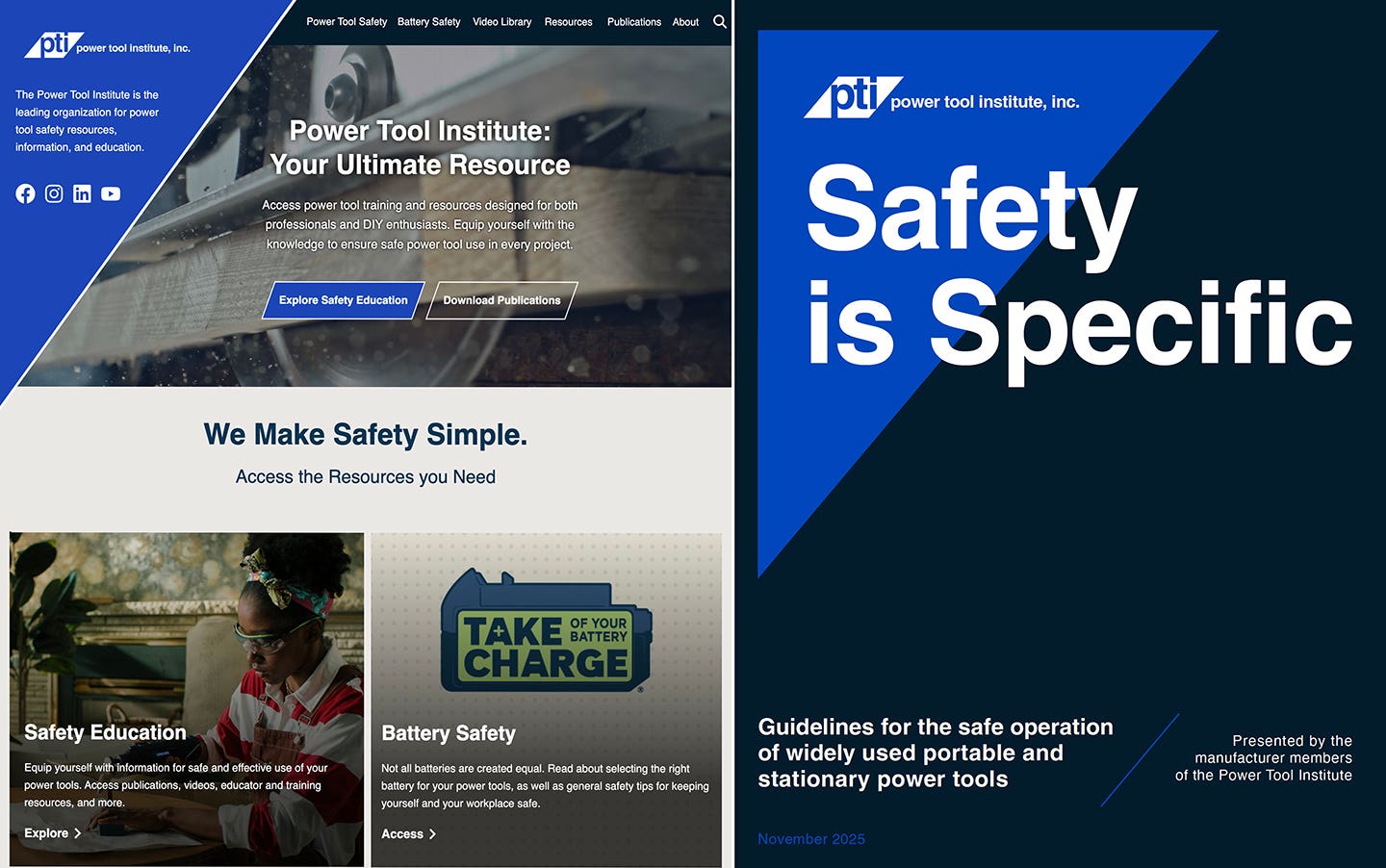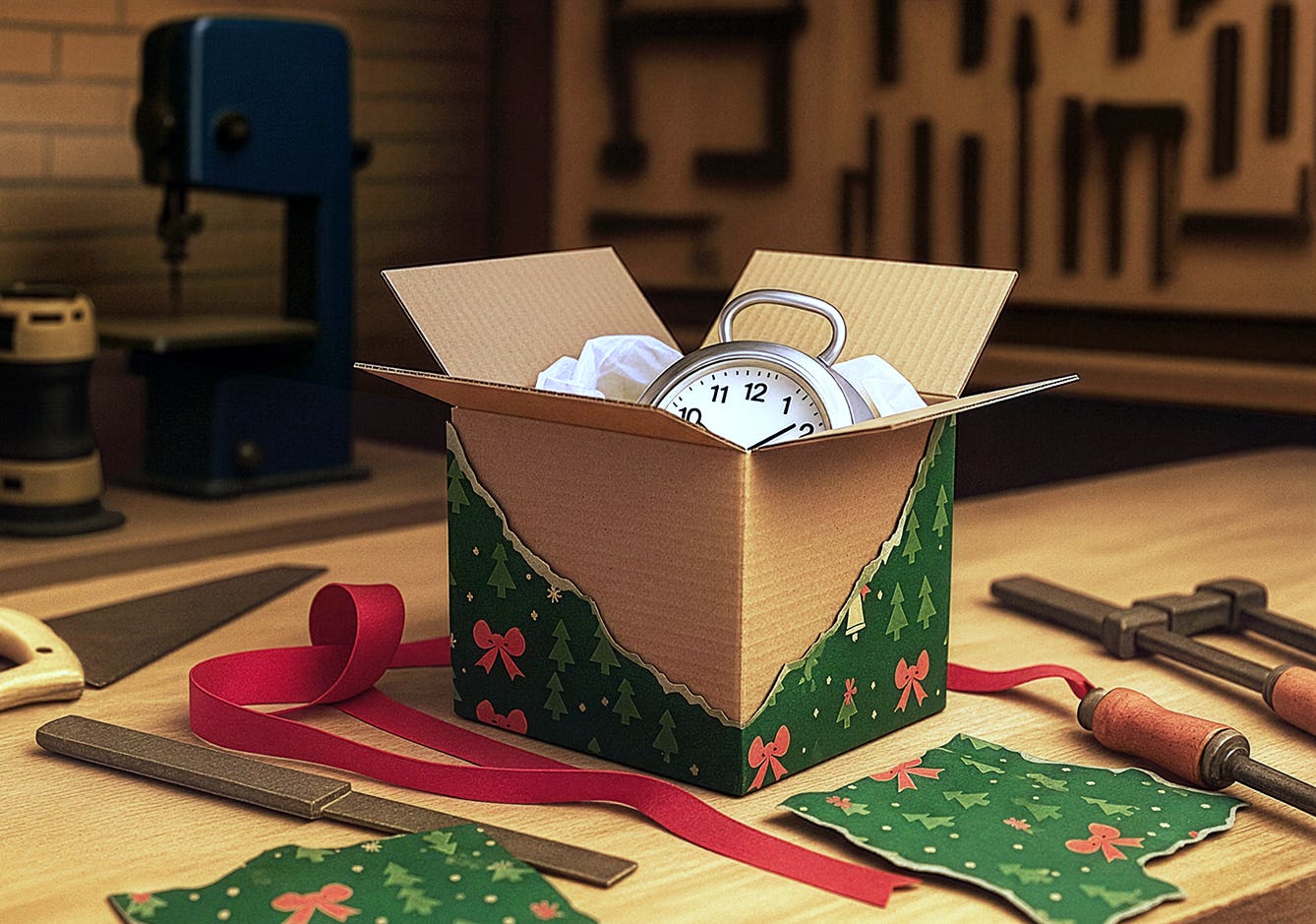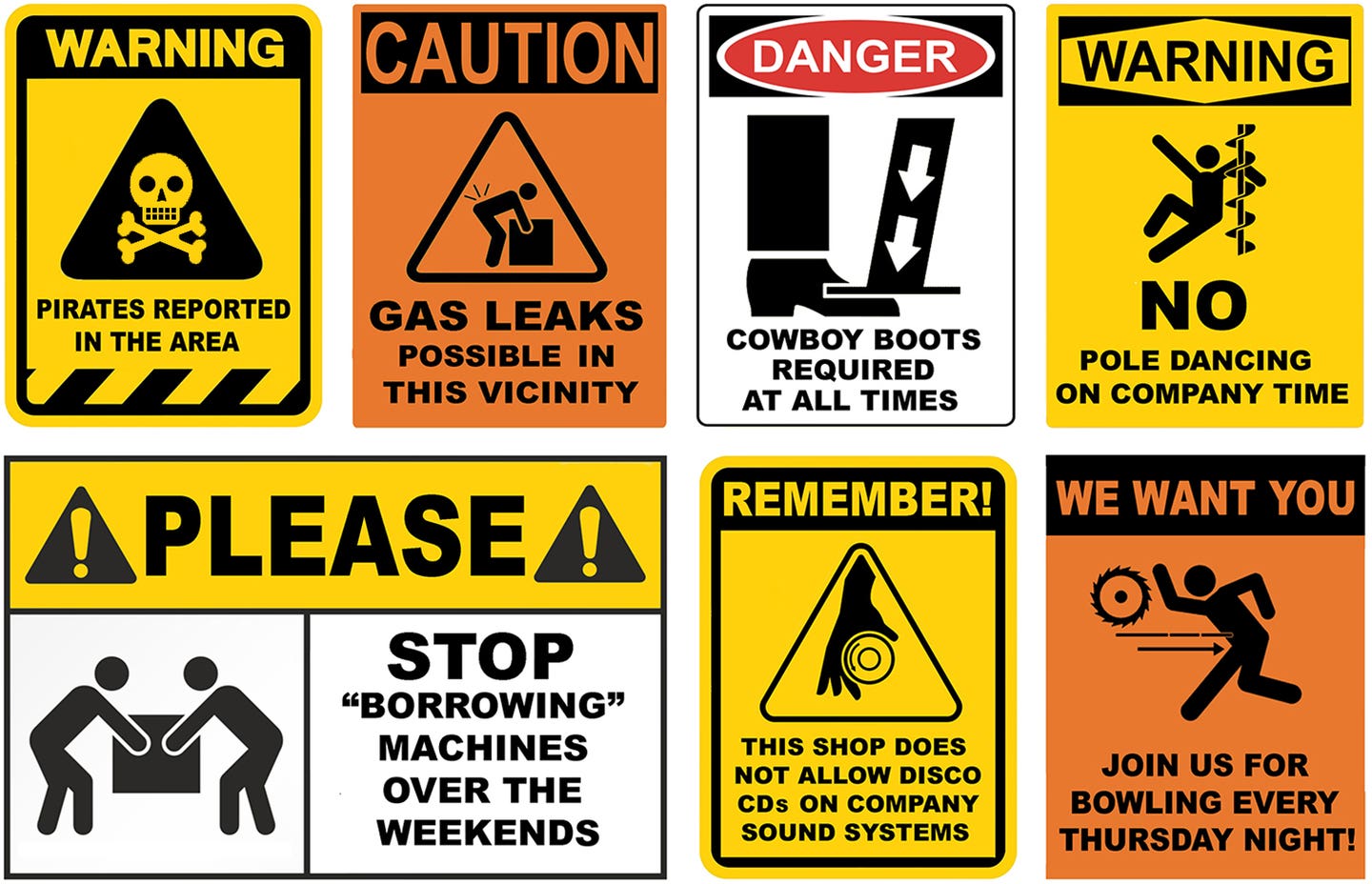Boost your ad dollars now, cash in later
The shops and businesses that invest in advertising today will be seen as worthy when consumers start spending again {loadposition position10} There’s a famous scene in the 1973 movie “Paper…
The shops and businesses that invest in advertising today will be seen as worthy when consumers start spending again
{loadposition position10}
There's a famous scene in the 1973 movie "Paper Chase," in which first-year law students wait expectantly in their seats for their first class, taught by the university's toughest professor. In walks the don, played by the late John Houseman. In an upper-crust voice, reeking of privilege, he tells the students to look to their left and right. "Only one of you will be here at the end of law school," he says, with a certain amount of glee.
Unfortunately, this may be the coming situation in the woodworking industry as well. Look at your competition on the left and on the right. One of you may survive the recession. And now to be Machiavellian: how can you make sure that it's you? If you decide to cut your advertising and marketing budget now, you could be the one that ends up as a hulk by the wayside. If, however, you continue to budget dollars toward advertising, then you will probably be the woodworker taking on the clients of the woodshops that folded in your area. It ain't pretty, but it is market capitalism at work.
Two studies back up this scenario. One by McGraw-Hill Research showed that companies that decided to continue advertising during the 1981-82 recession had 256 percent growth by 1985. And in 1974-75, American Business Press found that companies that continued putting dollars into their advertising budget had the highest growth in sales and net income during the bad years and for the two years that followed. Those are hard numbers with which to argue.
Don't cut it
But companies, even woodworkers, do seem to argue with those numbers every time the economy takes one of its cyclical downturns. You cut your inventory, then you cut your purchase of new tools and equipment, and then you cut some of your workers. Probably somewhere between inventory cuts and no new purchases, you began to wonder about the cost of those ads in your local paper or the newsletters you are sending out and, before you know it, you make the decision to cut your advertising budget. And maybe even surgically remove it.
"My customers will know I'm still here," goes through your thoughts. "When they need something, they will call me."
I have done work for small businesses in my area and have heard this one a lot. One day I was vindicated. I ran into a friend who had just been to a chain office supply store. "I can't get this item anymore," he told me. "I wish our local office supplier was still around." I told him it was. In fact, it was ready to celebrate its centennial. But my local office supplier client had stopped advertising on the scale that he once did. I suppose you can prove anything with an anecdote, but this one stopped me cold. I went back to the local office supplier and told him about the conversation that I just had. He put more money into his advertising budget.
When you cut money from your advertising budget, you are in fact clearing yourself out of the marketplace by your own hand, and letting your competition fill up the space you're vacating. Now, you can say that everybody is going to be cutting and that you will hold the same place in a marketplace that has shrunk for everybody. The two surveys cited above contradict that rosy scenario. Somebody will figure out, you can be sure of it, that there's a chance to increase their market share with everybody idle.
Recession perceptions
So that crafty woodshop owner decides to ante up his advertising budget and pinch costs real hard somewhere else in the company. What happens, according to advertising wonks, is that the company's "share of mind" increases. With increased "share of mind," or market presence in the minds of current and potential clients, our savvy woodshop owner finds that his increased advertising has vaulted him into a higher position in the marketplace. The perception in people's minds then becomes that he must be surviving the Great Recession quite well. He gets perceived as a well-run company. And well-run companies get perceived as building superior furniture, cabinets, millwork or whatever. All this can happen because our wise owner either decided to hold the line on his advertising budget or even increase it.
Furthermore, those that hold or increase their advertising budgets will be in a far better position when the recession bottoms out and clients start buying. These savvy owners will be sitting on mature advertising and marketing plans that are already in action, poised to take advantage of renewed consumer spending. Those advertising budget cutters, on the other hand, will be scrambling to put together strategies that will start kicking in just as the initial rise in consumer spending begins to level off. And that will be just when the owners who decided to hold or increase will be solidifying the gains they have made in market share.
Strategies and tactics
One strong piece of advice for holding on to your market share (a fancy term for your clients) is to remain consistent with your image. That doesn't mean you should ignore the tough economic times; in fact, perhaps just the opposite. But do it in a way that reflects your brand, your style of doing business, of presenting yourself to the market. If your advertising has tended to be more humorous, then don't suddenly pitch doom-and-gloom. Inconsistencies in style will be picked up by customers as a company in a bit of a panic, desperately looking for some way - any way - to sell their products and services. Customers tend to shy away from companies that make them even more nervous than they already are.
Now is also not the time to go after new customers, and I'm not contradicting all I have just said. Go after new customers that become available as the recession takes its toll, but only if the customers are the same as your core base of clients, especially the same demographics and incomes. These are the customers you know how to reach most effectively. You shouldn't be going after reproduction furniture buyers if you design and build contemporary furniture. In other words, stay in the familiar parts of your advertising map. You can explore other areas when times are better.
Clearly, you should also focus the dollars in your budget where there is a proven return on investment. If your woodshop is small, you can go on your intuition. Otherwise, you should be tracking all of your advertising and be able to produce tables and charts in your business software that will give you this information. Did radio do better than newspapers? Are public radio sponsorships more effective than commercial radio ads?
Lastly, remember that the media that presents your advertising to the public has not miraculously escaped this recession. Ad space, whether in newspapers or cable TV, still needs to be sold. The simple law of supply-and-demand will tell you that you are in a good position. Less people demanding space means you can probably negotiate some very good advertising deals. There are bright spots like this in every recession that you can use to your advantage. Keep your chin up so you can see those silver linings.
Steven Marks is a freelance writer from New London, Conn.
This article originally appeared in the September 2009 issue.







